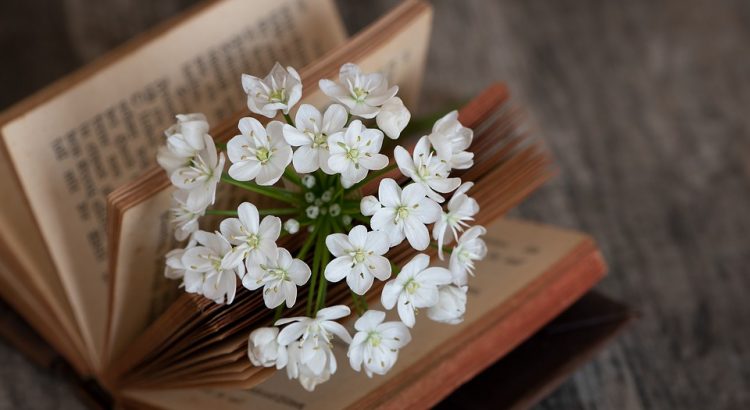Amuse, divert, entertain and recreate all mean to cause or enable one to pass one’s time in pleasant or agreeable occupations.
Their corresponding nouns amusement, diversion, entertainment, recreation are also synonyms denoting such an occupation or its effect. Although these words are used more or less interchangeably, they have fundamentally different implications.
Amuse and amusement stress the engagement of one’s attention, especially during hours of leisure, in a source of interest or engrossment. They do not necessarily imply play or sport; nevertheless they often suggest light, purposeless, trivial, or laughter-provoking pastimes.
- what he wanted was to be amused, to get through the twenty-four hours pleasantly, without sitting down to dry business
—Macaulay - I don’t write because I’ve got things to say . . . . I write because it amuses me
—Rose Macaulay - may speculate, for amusement, whether it would not have been beneficial . . . to Britain in particular, to have had a more continuous religious history
—T. Eliot
Divert and diversion, on the other hand, stress the distraction of the attention from something (as routine interests or worry) which is occupying it and its capture by something different, especially by something that enlivens or promotes gaiety.
- after the novelty of their surroundings had ceased to attract and divert the lepers, they often became homesick
—Heiser - only men of leisure have the need for beautiful women to divert them
—Buck - I believe that the drama has something else to do except to divert us
—T. S. Eliot - there is a place for farce and diversion in experience
—Dewey
Entertain and entertainment imply the activities of others to provide amusement or diversion. The words therefore suggest more or less formal expedients or more or less formal circumstances, which are usually implied in the context.
- Mrs. Brown will entertain the Burtons over the weekend
- a church entertainment
- entertainment is what schoolboys are now led to expect… ; they are disappointed if the school is not a hall of unbroken amusement
—Grandgent
Recreate and the far more common recreation usually imply a change of occupation or an indulgence in diversions for the sake of relaxation or refreshment of body or mind.
- the Lord Chancellor was recreating himself, after a long stretch of arduous business, with a journey in Scotland
—Martineau - just to sit in the sun, to bask like an animal in its heat—this is one of my country recreations
—L. P. Smith
